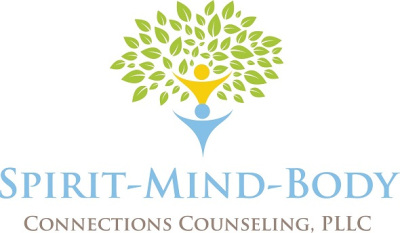Who Owns a Problem?
Cooperation between family members can lead to productive problem solving and allows children to be responsible for some of their own behaviors. Before this can begin, you should decide who really “owns” the problem – the child? or adult? This takes a series of questions to ask, such as is a child too young to be responsible or can someone get hurt, among other areas.
Once you identify who owns the problem, then it should be that person to solve it. A child can ask for help or can choose to ignore the problem. Parents may choose to use I-Messages, or use reflective listening or parents can help identify choices and possible consequences.
I-Messages show respect: “When you don’t call, I feel worried because I don’t know where you are” versus You-Messages which assign blame and put children down, for example: “You make me so worried. You should know better!” If a child cries about a low report card grade, the child owns the problem and parents can use reflective listening: “you’re feeling discouraged about your grades”.
Therapy can help improve communication between you and your family members or adolescent as I-Messages and reflective listening can be used in many situations and relationships. Call today to schedule a session and we can discuss these concepts further as it relates to your individual situation.
Concepts taken from Dinkmeyer, McKay & Dinkmeyer. Systemic Training for Effective Parenting (STEP).
